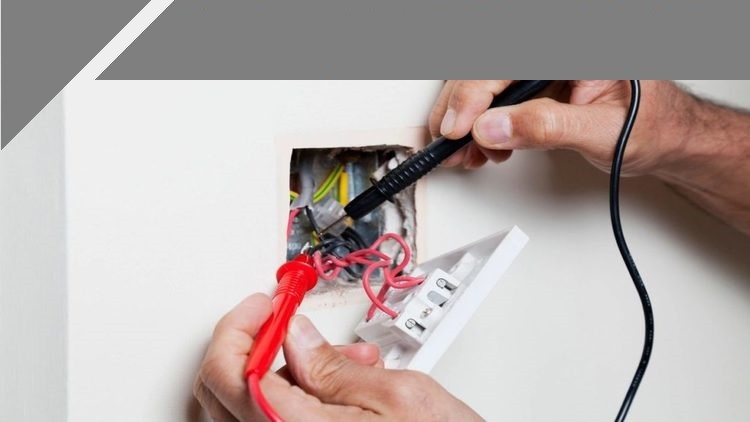2015 Practice Exam - (E1) Residential Electrical Inspector
- Description
- Curriculum
- FAQ
- Reviews

This practice exam is designed for those who are looking to take the E1 Residential Electrical Inspector Certification Exam through the International Code Council (ICC). These practice exams are intended to help you prepare for the actual exam by helping you navigate through the code book to familiarize yourself with the specific code sections. They will test your knowledge on the exam content areas covered to improve your chances of passing the certification exam. This is a great way to prepare yourself for the actual exam administered by ICC. Every building code professional knows that the key to passing the ICC exams is to do practice problems. Don’t just take the exam purely on experience alone. Let this resource get you focused on realistic problems built around the exam content being covered.
The exam content will cover:
-
General Requirements
-
Services
-
Branch Circuit and Feeder Requirements
-
Wiring Methods and Power and Lighting Distribution
-
Devices, Lighting Fixtures, and Appliances
-
Swimming Pools and Similar Installations
Please note this practice exam is designed for the 2015 version of the E1 Residential Electrical Inspector certification exam administered by the International Code Council (ICC). The exam is open book and the references that can be used for this exam is the 2015 International Residential Code® (IRC®). This level of certification allows the Inspector to inspect installations or alterations of electrical systems both indoors and outdoors including services, conductors, equipment, components, fixtures, appliances, devices, and electrical appurtenances for one-and-two family dwellings limited to 120/240 volts, single phase, up to 400 amperes.
What knowledge & tools are required?
– Have some basic knowledge of construction terminology.
– Have a copy of the 2015 International Residential Code® (IRC®).
Who can take this course?
Building & Safety officials, architects, engineers, contractors, building designers, or even students wanting to gain knowledge of building inspections.






Social Network